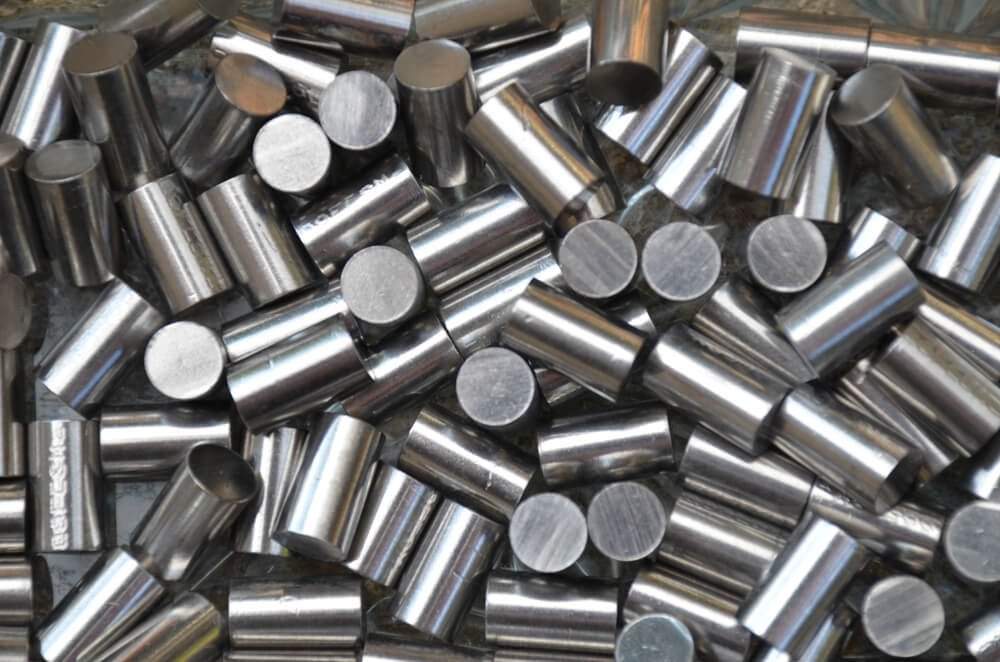Nickel Price Downturn Tightens Indonesia’s Grip on Global Supply

The ongoing slump in nickel prices is exerting unprecedented pressure on global nickel producers, heightening the risk of significant mine closures. This trend is poised to further cement Indonesia's stronghold on the worldwide nickel supply, given its resilience against production cutbacks.
Nickel, a critical element for stainless steel and electric vehicle batteries, has seen its prices tumble by over 40% due to a global oversupply, intensifying challenges for high-cost operations, particularly those outside Indonesia. Recent casualties include Australian ventures, with notable shutdowns from Wyloo Metals and BHP Group, alongside First Quantum Minerals's mine suspension.
Contrastingly, Indonesia's nickel sector, responsible for half of the global supply, remains robust. The country's strategic investments in efficient production facilities, coupled with advantages like low labor and energy costs, render its operations uniquely adaptable to price fluctuations. Analysts predict that despite production cuts elsewhere, Indonesia's output will continue to rise, bolstering its dominance in the market.
The nickel market has been inundated by substantial Indonesian supply amid a global economic slowdown and tepid demand from the electric vehicle sector, leading to a price drop to near $16,000 per tonne, levels not seen since 2021. This downturn threatens the viability of several other projects, including Mallee Resources Ltd's Avebury mine and IGO's endeavors.
In response to the crisis, major players like BHP are reassessing their nickel operations, with potential asset write-downs looming. Citigroup Inc. forecasts a further dip in nickel prices to $15,500 per tonne over the coming months, revising its quarterly average price projection downward.
Despite its relative resilience, Indonesia's nickel sector faces its own set of challenges, including heightened regulatory scrutiny following a fatal accident and political debates over industry management. These factors introduce an element of uncertainty to Indonesia's otherwise robust nickel industry.
The nickel industry's predicament reflects broader trends across battery materials markets, where rapid supply growth has outpaced demand, leading to price declines. Innovations in battery technology, moving away from nickel and cobalt use, also contribute to the shifting demand landscape.





